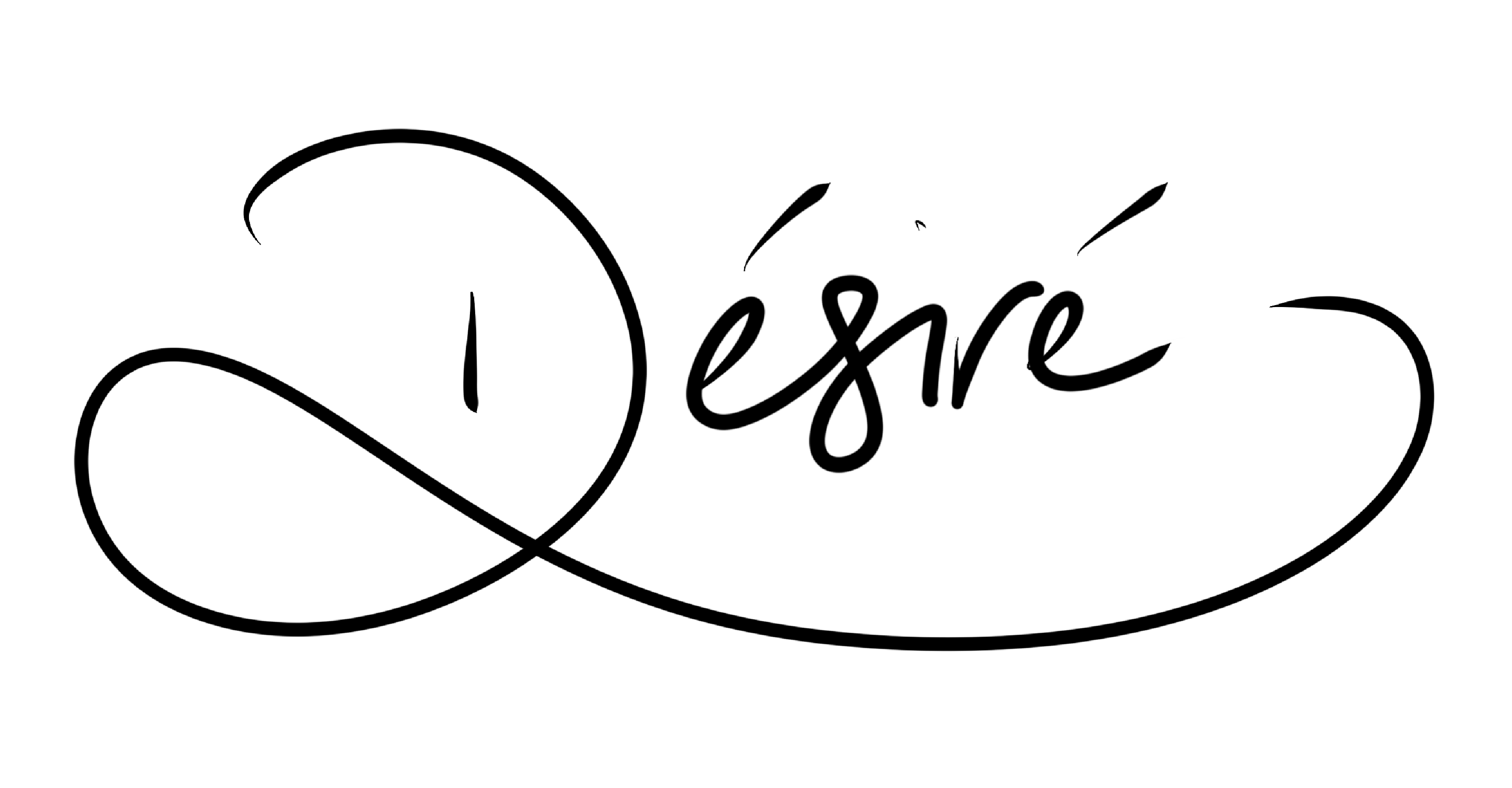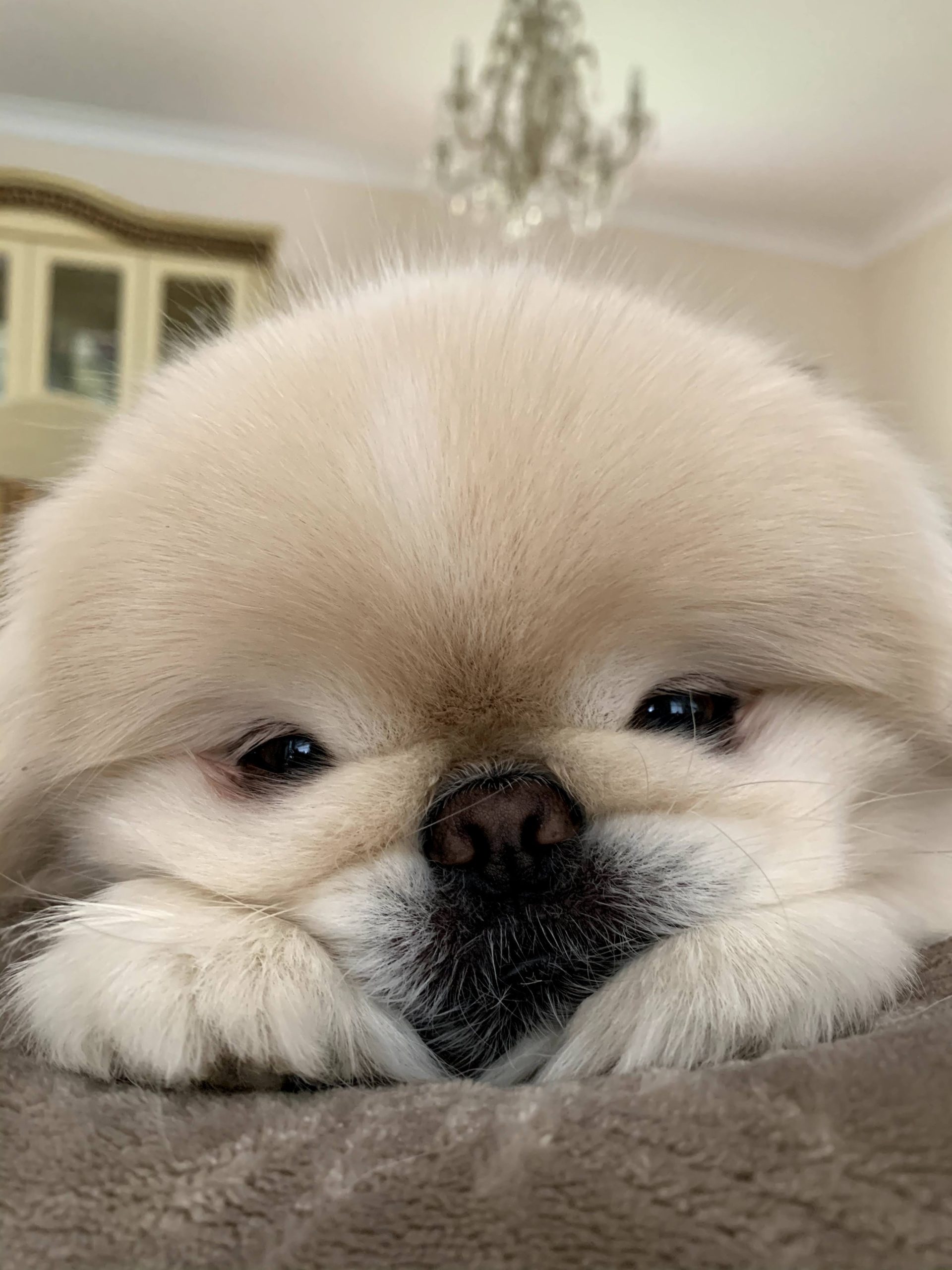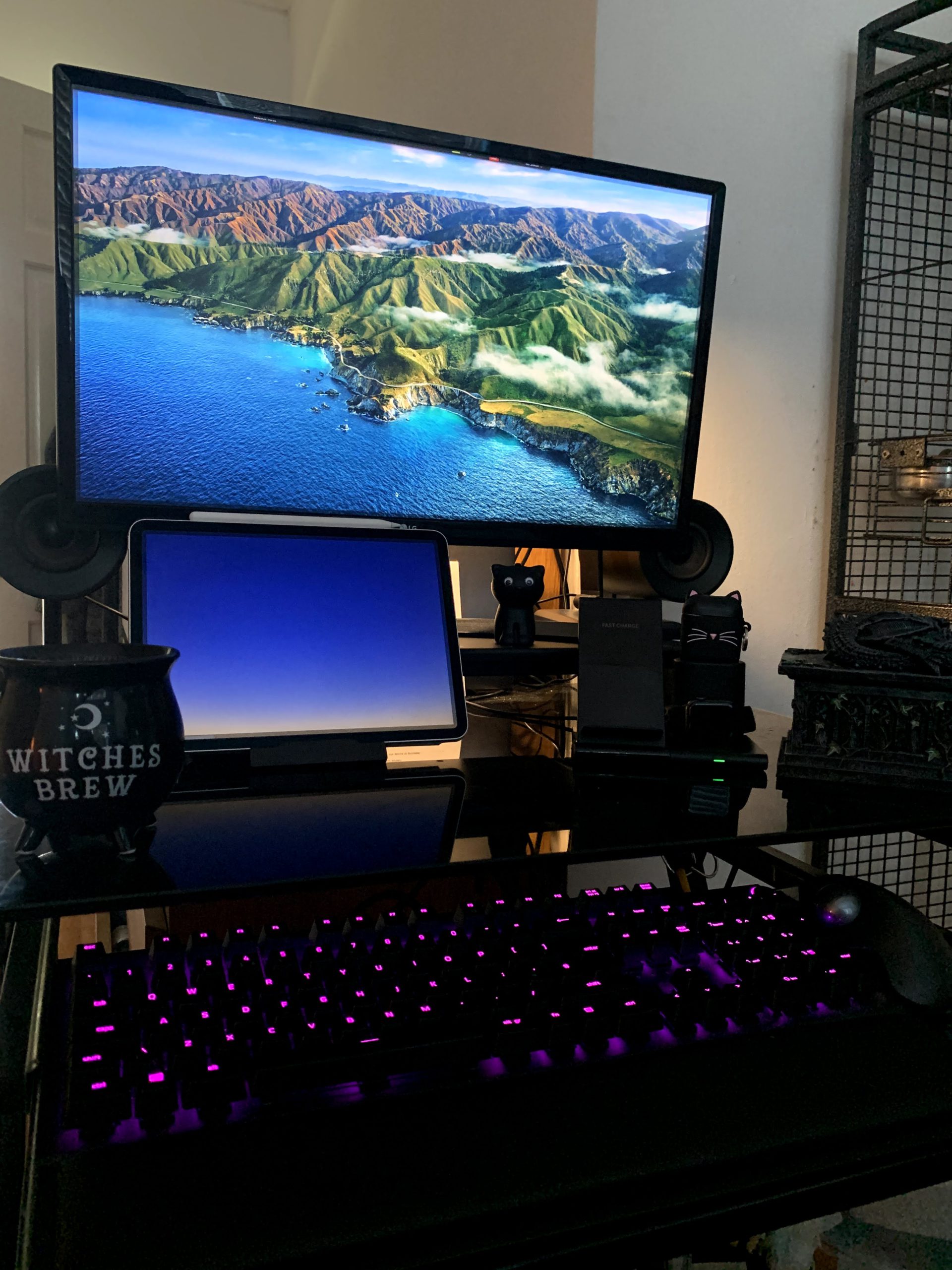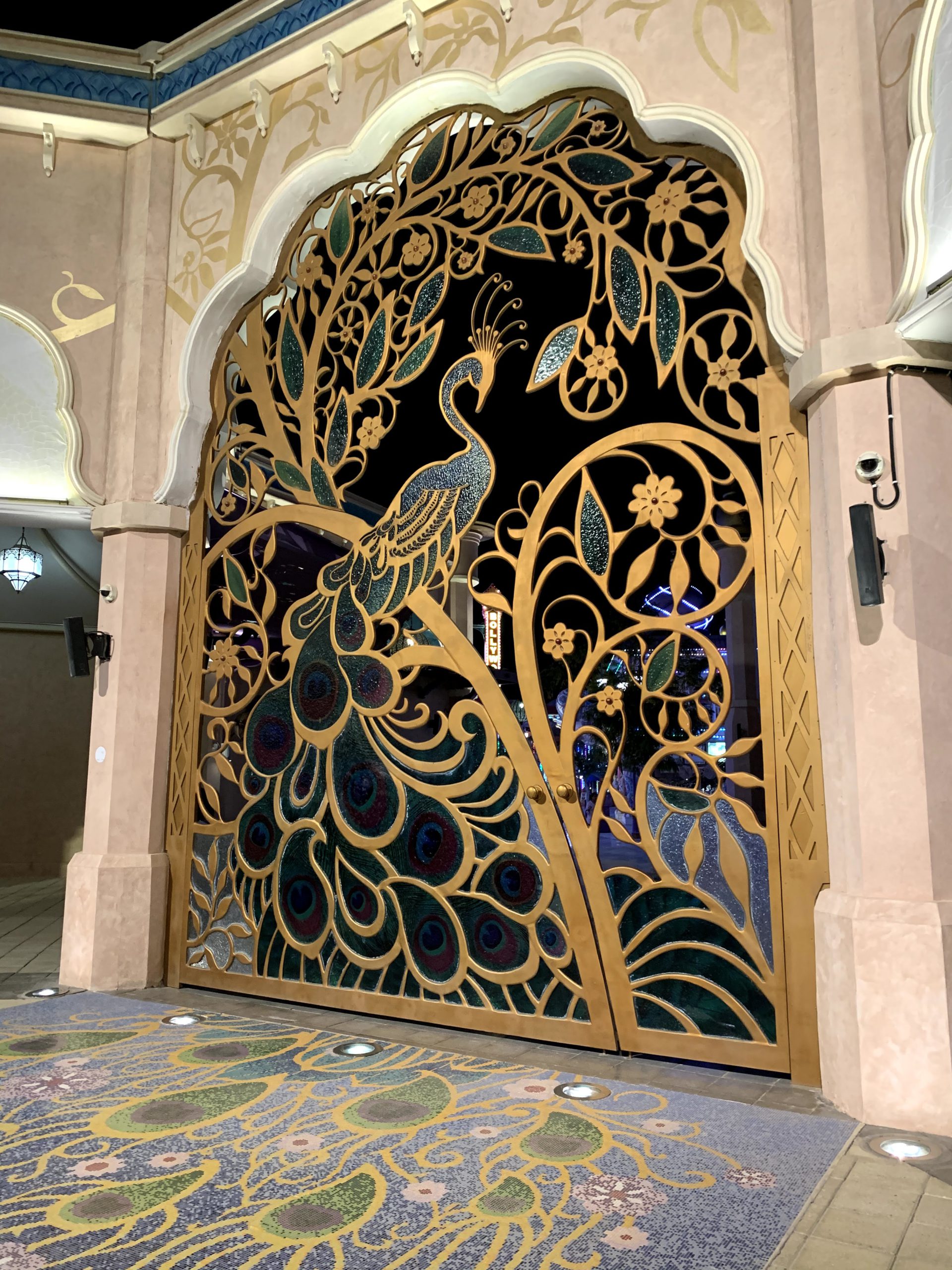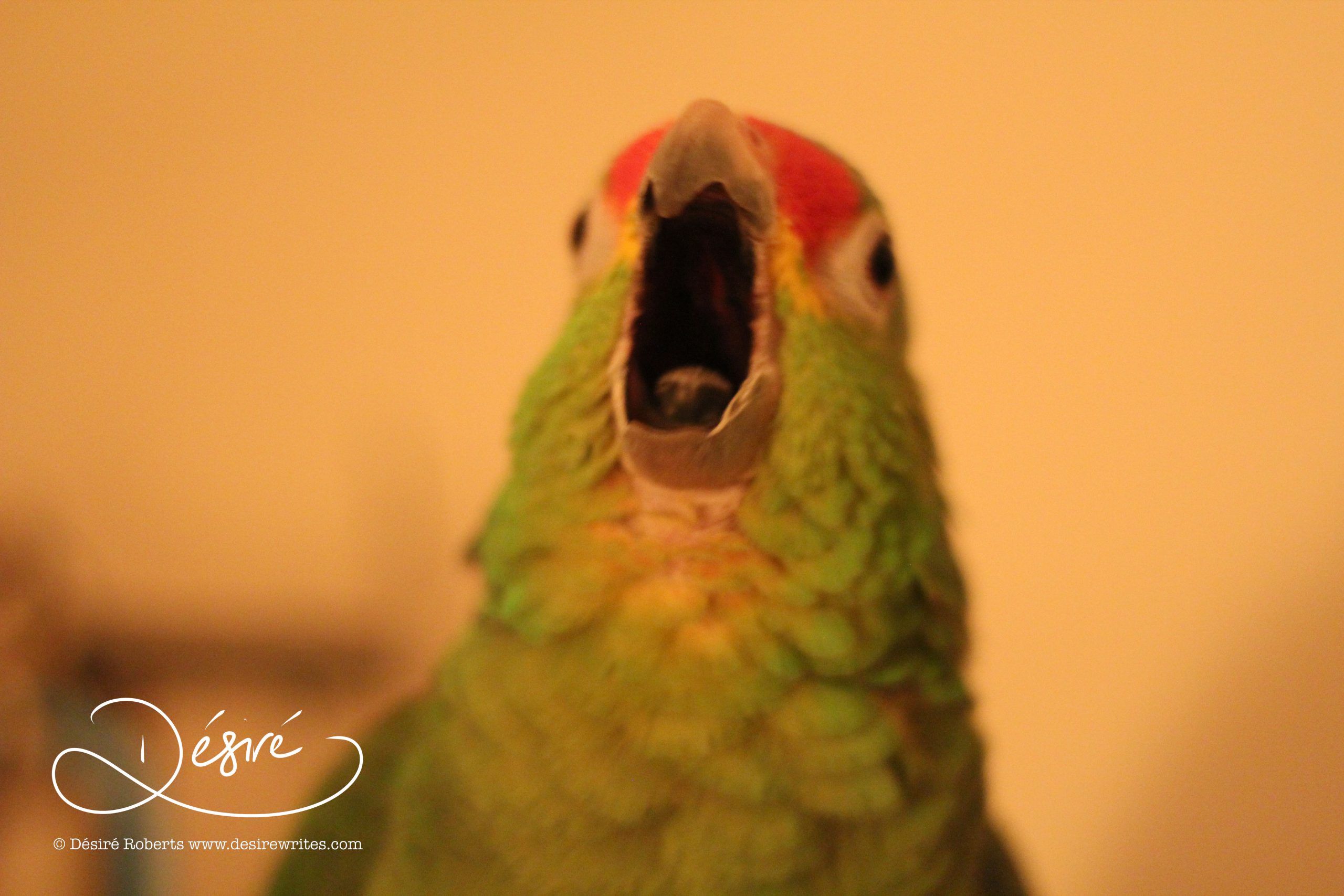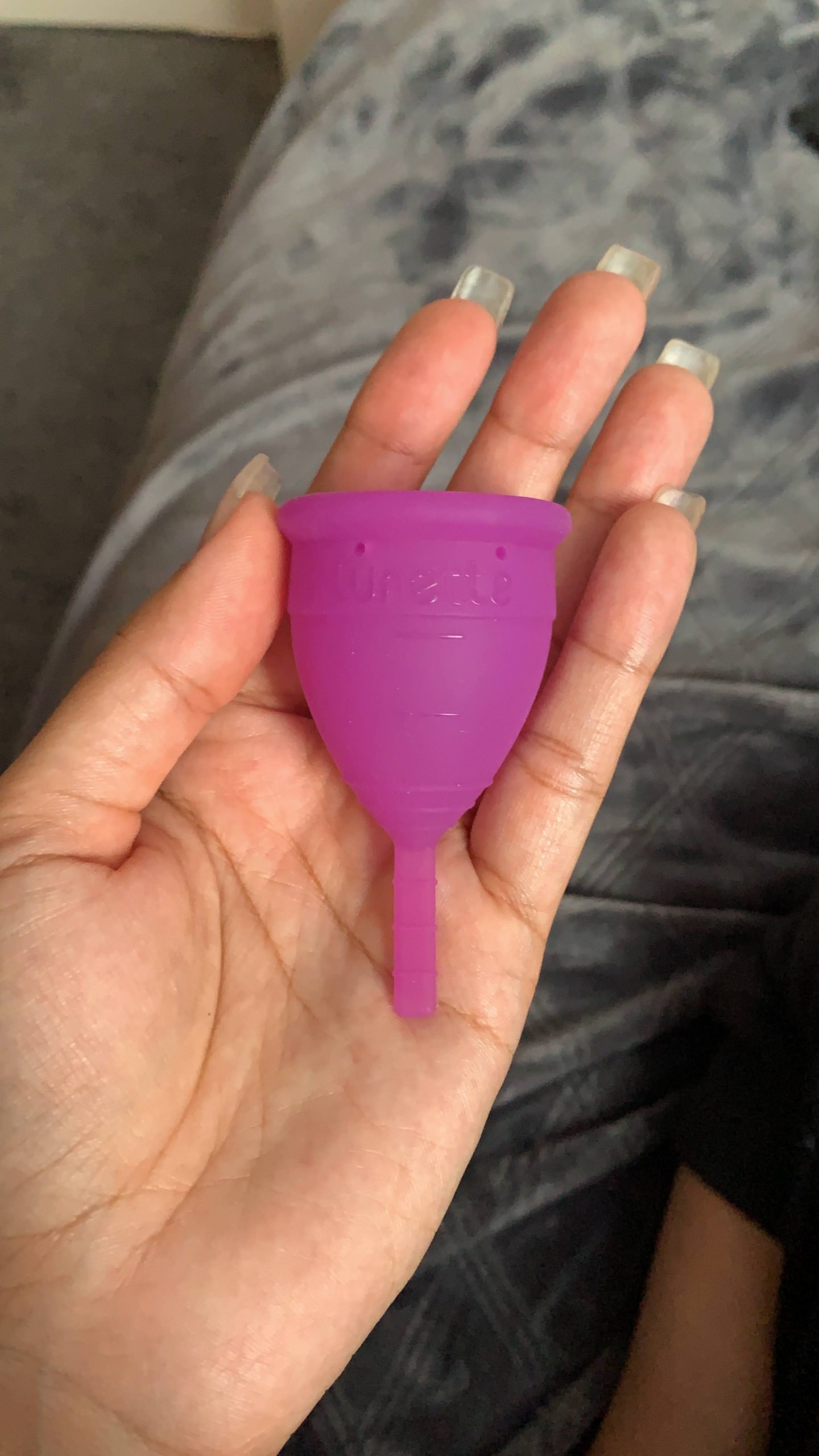For my entire life, all 30 years of it leading up to this point, I have been misunderstood. I was a very different kind of kid. Most children enjoy playing and making friends and doing stuff, and I don’t really remember doing much of that. I remember reading a lot, and when I had finished my personal library, I delved into my parents’ which offered a wealth of information on the Big Bang, human psychology and ancient Egypt. Unsure of whether they knew I was reading this kind of stuff, I remember picking up a Carl Jung book and being completely confused yet determined to understand the words on the paper. A large portion of that book was written outside of my vocabulary, so a dictionary became my partner in crime.
Imagine a 9 or 10 year old handing in a book report for any book of our choosing, and I chose Macbeth, when most of the kids would have chosen a Disney fairytale or Animal Farm. I got full marks on it, and still have the report. I was very proud of that. But when I look back on that, looking at the younger kids around me and thinking of how fragile I must have been at that age, how was I able to not only read it, but understand the themes of deception and betrayal, of love and hate, at that age. I cannot see the 10 year olds around me understanding anything beyond game play outside of their required learning. Gaming, especially strategy games, is very important to critical and creative thinking, and allows children to develop an incredible mental reflex to problem solving, so I am very much pro-gaming for children. But most children would not have chosen that book for fun, and I wonder why my family never picked up on that.
The thing is, now that I am 30 and have a much better understanding of myself, I see why I always felt like I outgrew friends in a short space of time. Adult company has always been my preference, and some of my earlier memories of childhood are the ones with striking long philosophical conversations with the older generations about life and religion. At school and at home, I was relentless in my pursuit for answers, especially the why’s of everything, and as a result labelled obnoxious, insolent and troublesome. I questioned the status quo. Why must we pray before every meal? Why are there different religions and why did they all hate each other? Do we live on in a different realm or do we reincarnate? Why aren’t people asking these questions and why don’t the adults have the answers?
These questions still plague me, and my incessant research into how things work and history have provided me with some of the answers, yet not all. Now here’s the thing, I am 30, have a single close friend who lives on the other side of the world, and half a dozen friendships I maintain but with all of them being maintained from the comfortable distance of an instant messenger. I’ve always been labelled as weird and strange, but I’m not unsociable. In fact, some might argue that I’m less of an introvert when I’m out with others. I just learned to blend in.
Empathy, both the emotional and cognitive types, can be a weakness as well as a strength. While I’ve learned to accept that the world is what it is and there is little that I can do to change that on the whole, I do still struggle with it. I will flutter from one extreme to the other, from doing whatever I can for global warming or feeling entirely powerless about the whole thing. Everyone flits between the two from time to time, and while I gave a more relatable example, that is only one of the hundreds of things that plague my deep thoughts. Empathy is important here as it seems to drive a lot of my frustration with the world, giving rise to the tormented artist archetype within. But it also allows me to feel so deeply and dive into why things are the way that they are. It drives me to want to be a better person, and want the best for this world, while paralysing me on the ideas around capitalism, slavery and world hunger.
When I moved to back to England, I genuinely believed in my heart that I was coming back home, to a place where I would be more accepted, and more understood. Alas, this part of the move has not been fruitful, as I am yet to find my tribe, or a circle of people who think like me so that I would not feel so alone in my thinking. Something has emerged from my introspection of late, that I’m misunderstood because people only know what they know and only understand what they want to understand. Maybe I cannot find a tribe, because I have to establish my own. Perhaps I am not to follow, but to lead. When something does not exist or is not within a realm of awareness, create.
Or maybe I am destined to be alone because I should be. I used to think that my solitude was a result of me pushing people away or surrounding myself with toxic people only to feel their sting. What if we turn this thinking around, so that solitude isn’t a negative but a positive? I always thought that I was alone or wanted to be alone because I was self-sabotaging. What if I wasn’t? What if I was healing, recharging, thriving? Rather than solitude being a result of my failed relationships, what if it was exactly what I needed all along? When we read about those deep thinking creative minds of our time, they spent vast swaths of their lives in solitude, working and refining ideas that one day changed the world. I’m not saying that I am on the cusp of genius if I just locked myself away in a cabin. But what if that solitude is the solution for my perpetual “misunderstood-ness”? Instead of looking out, I have to look in.
A strange thing happens when you accept that you’re different from others and that’s okay. The world doesn’t seem like such a struggle anymore. You’re able to see everything so clearly and see that being different, strange, weird, quirky, or my personal favourite, unique, is not a cloak of shame but a badge of honour, a sword with which you can carve out your name in history, a stamp with which you can change someone’s life or the whole world. Find that tribe within you, and embrace the solitude and the lack of friends. Releasing those insecurities is a very liberating process, and you’ll be more grateful for having a few very deep friendships than a dozen superficial ones. I know that now that I have accepted my title of misfit, outcast, and weirdo, I can freely live my life in quiet solitude, honing my craft and doing more things that I enjoy, living my best life on my own terms.
Solitude is freeing. And I’d rather be an outcast than a sheep.
